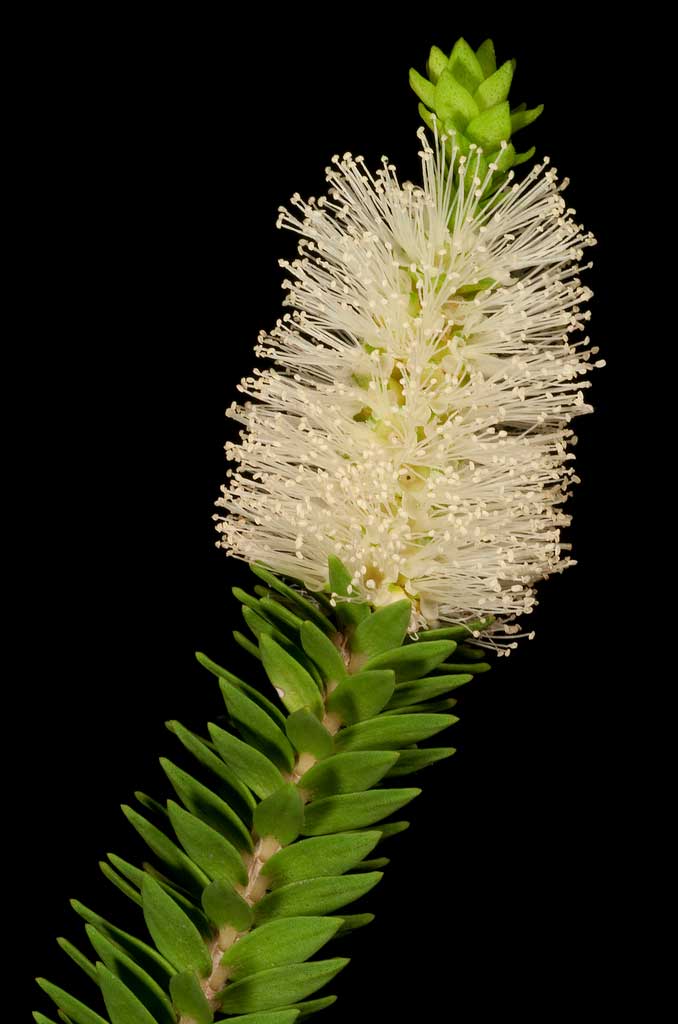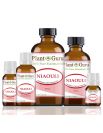Niaouli Essential Oils
Native to Australia grows a large evergreen tree known as “Melaleuca Viridiflora”. That mouthful is the origin of niaouli essential oils which are derived from the twigs and leaves of the tree. With an aroma described as camphoraceous, floral, fresh, and sweet, the oils have a thin consistency. Niaouli essential oils blend extremely well with others including the following: ylang-ylang, tea tree, spruce, rosemary, pine, peppermint, lavender, eucalyptus, cypress, cedarwood virginian, cajeput, lime, juniper, fennel, and coriander.
Overall Benefits of Niaouli Essential Oils
- Powerful stimulant
- Clear respiratory congestion
- Wound protectant against tetanus, sepsis, and bacterial growth
- Also help/encourage wounds to heal
- Treat scars and marks resulting from pimples and acne
- Used to relieve joint and muscle pain, earaches, and headaches
- May relieve symptoms of gout, arthritis, and rheumatism
- Assist lymph and blood circulation
- Strengthen immunity and stimulate growth
- Effective fever reducer
- Useful as a respiratory treatment to clear congestion
- Destroy intestinal worms such as tape worms and round worms
Uses for Niaouli Essential Oils
Many toothpastes, soaps, creams, and lotions contain niaouli due to its antiseptic and disinfectant properties. Useful in skin products, it may help treat skin prone to acne, plus dull, or oily skin. It can be used on insect bites, cuts, skin ulcers, boils, and to clear up other skin irritations. When utilized in aromatherapy it is said to lift the spirits, clear the mind, and increase concentration. These oils can be dispersed through a vaporizer or added to a spray to be used as an insecticide and are effective against most insects, but for the extraordinarily robust.
Precautions
Unpleasant side effects have not been reported from the use of these essential oils. Pregnant women should consult with their physician before using.


